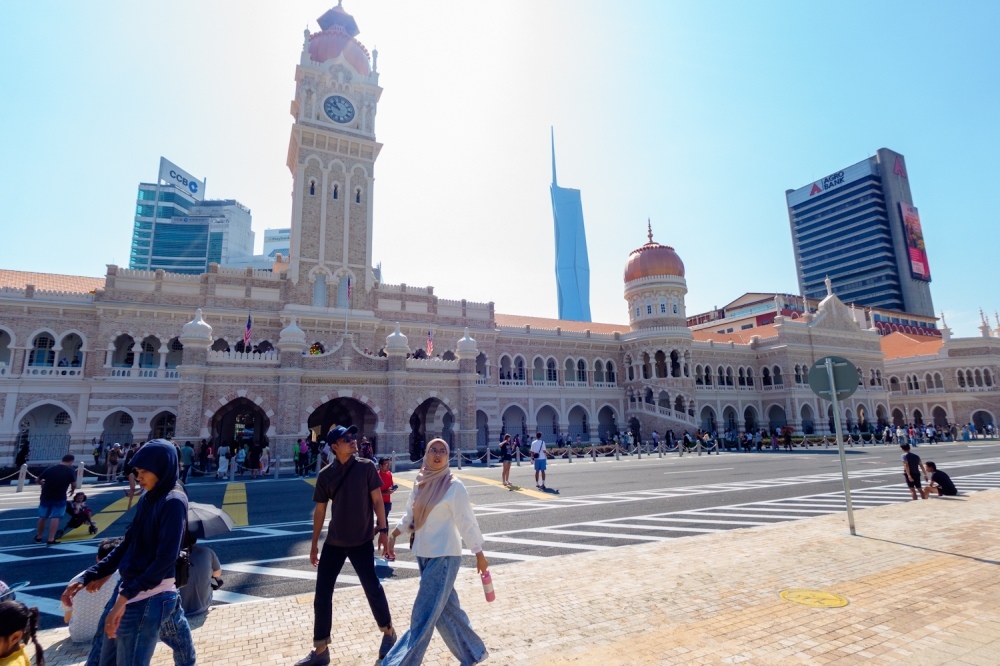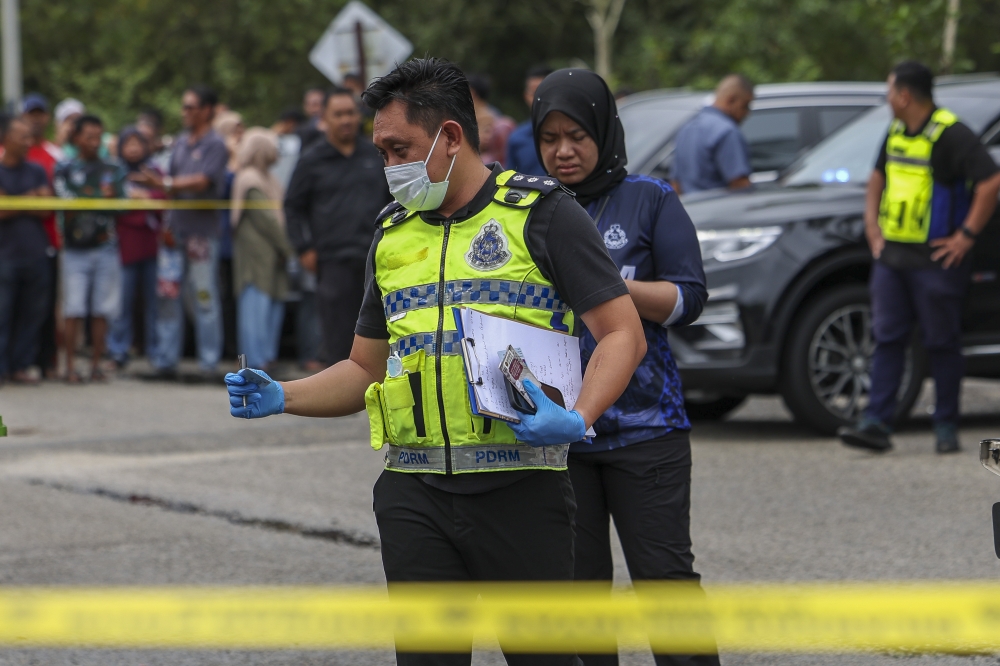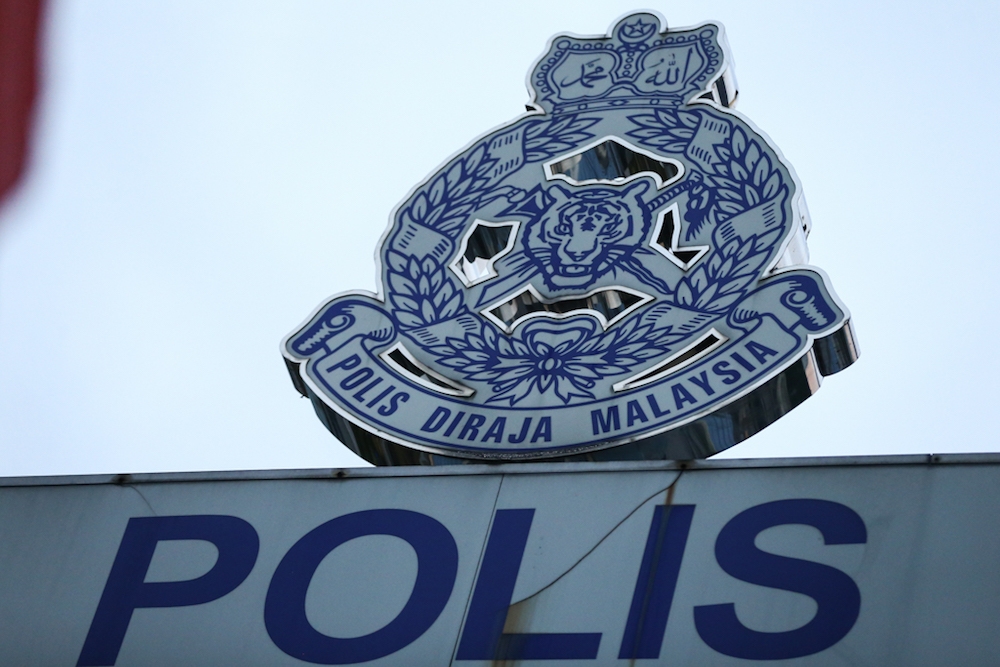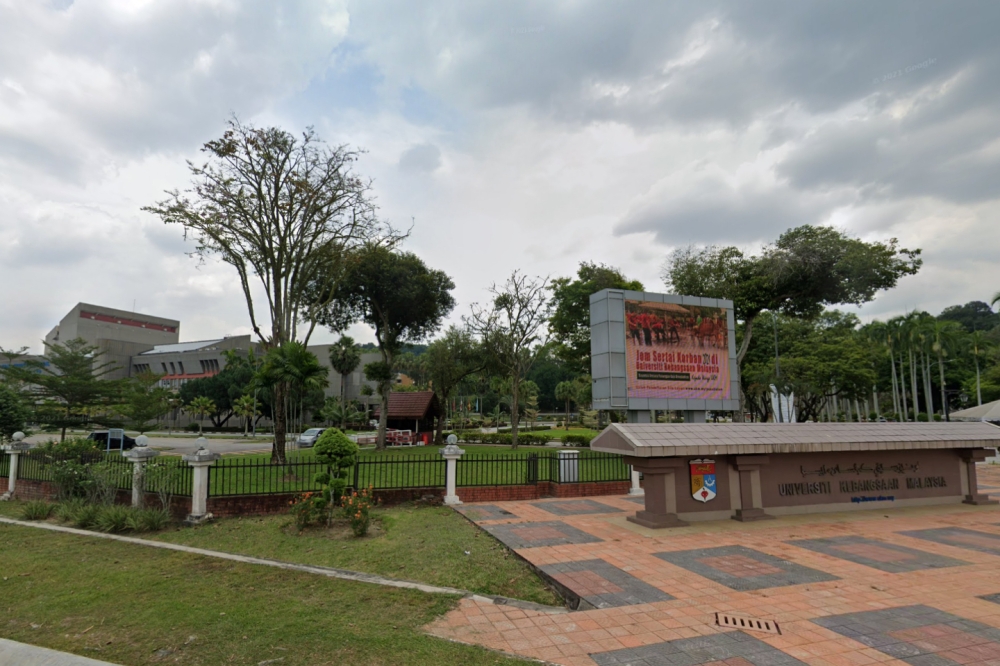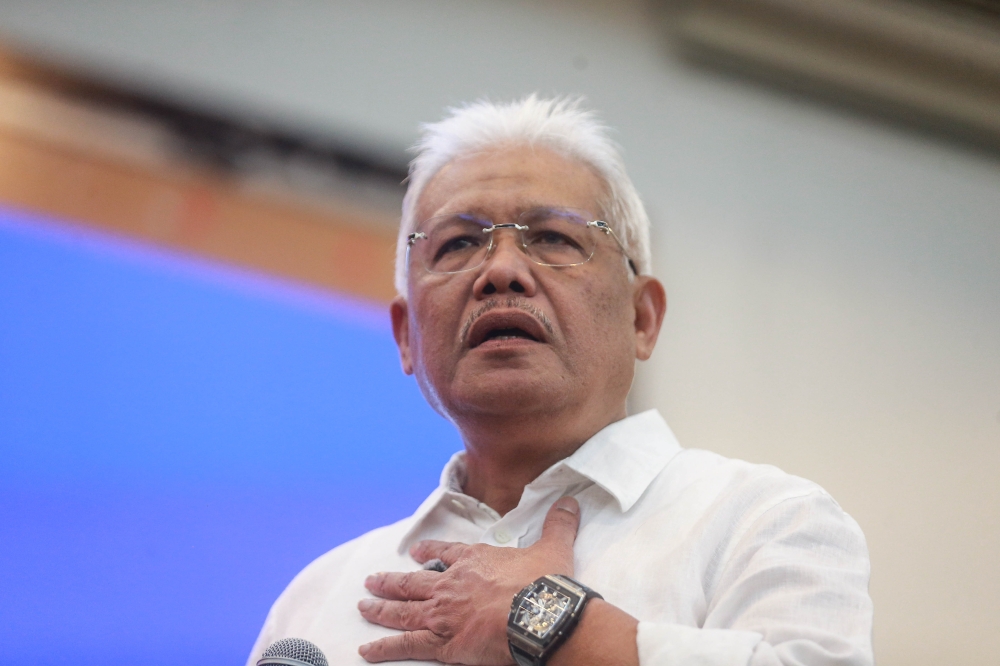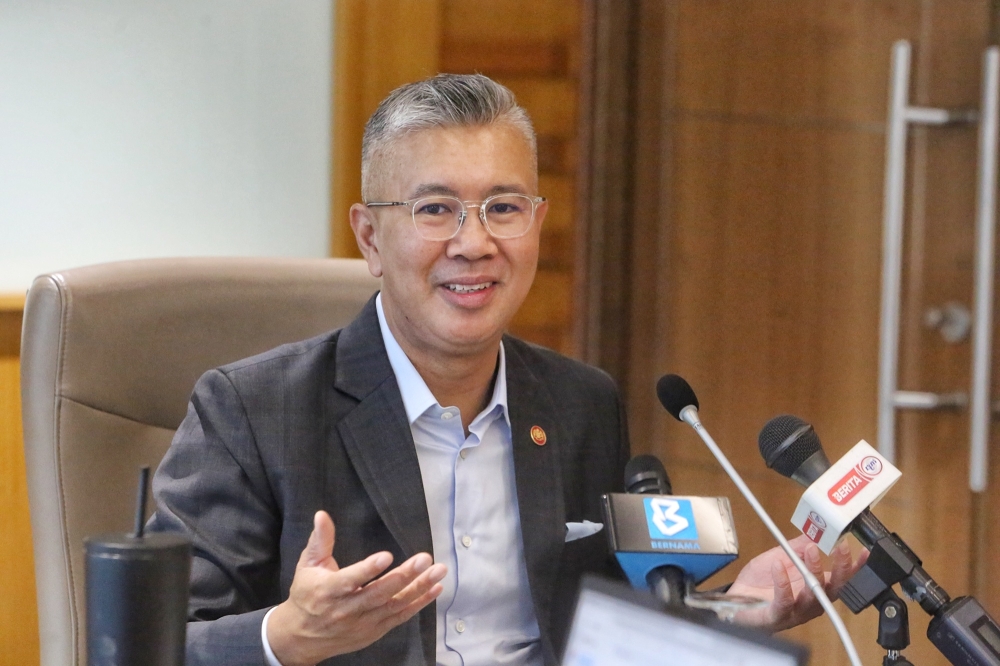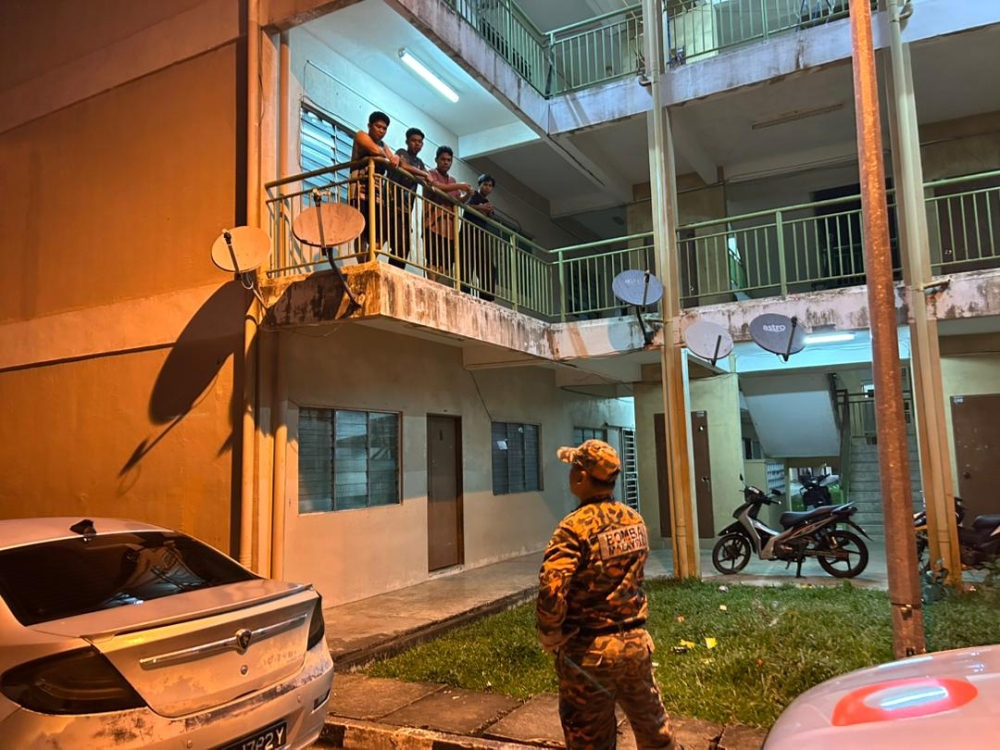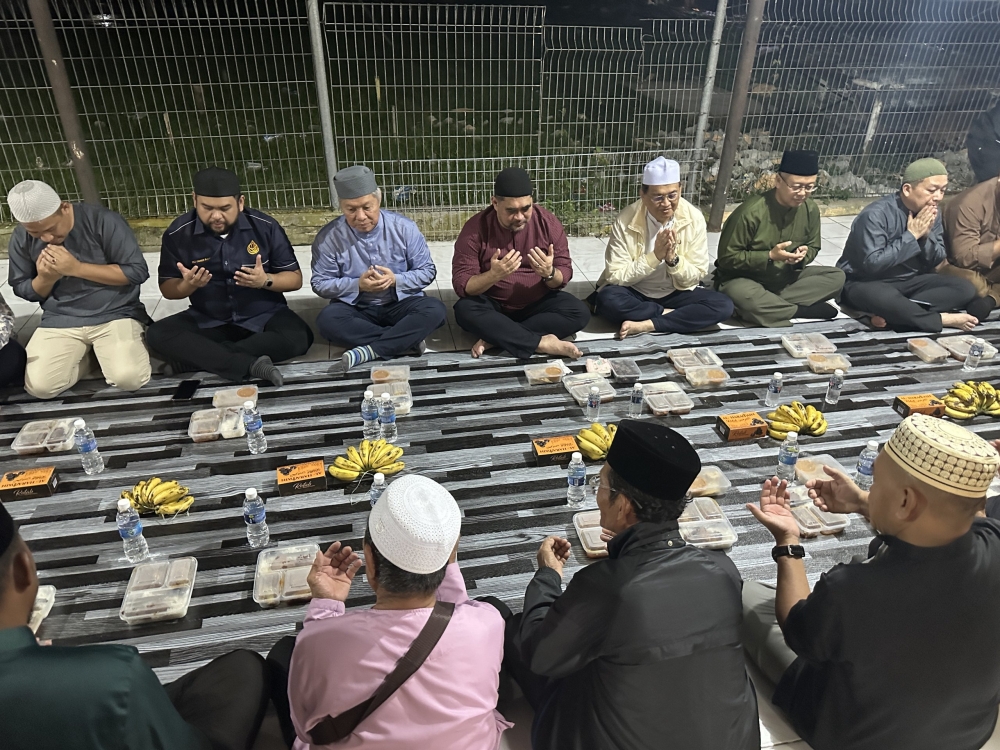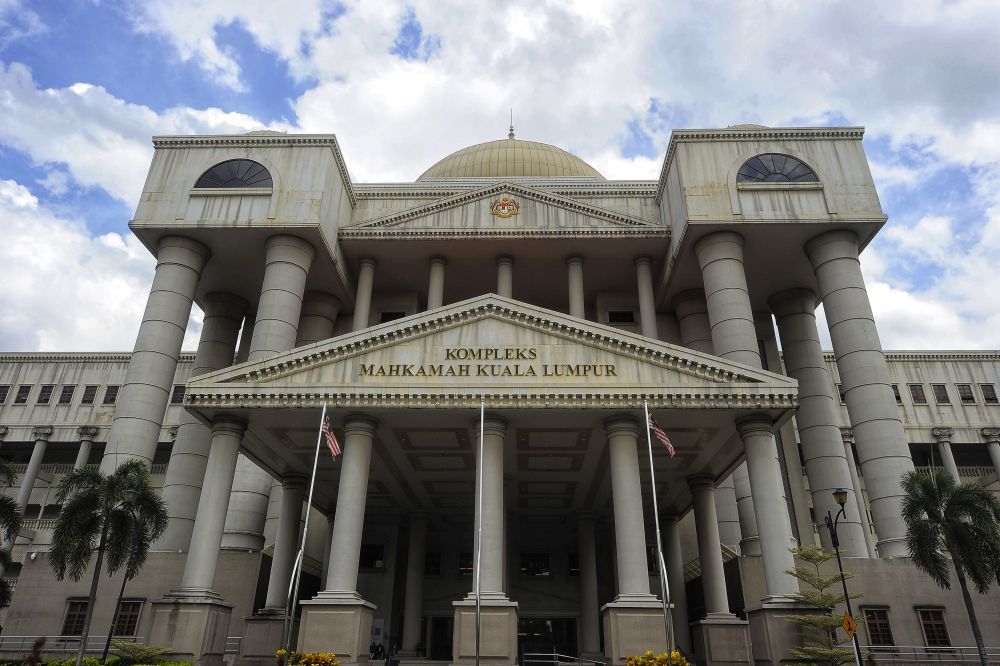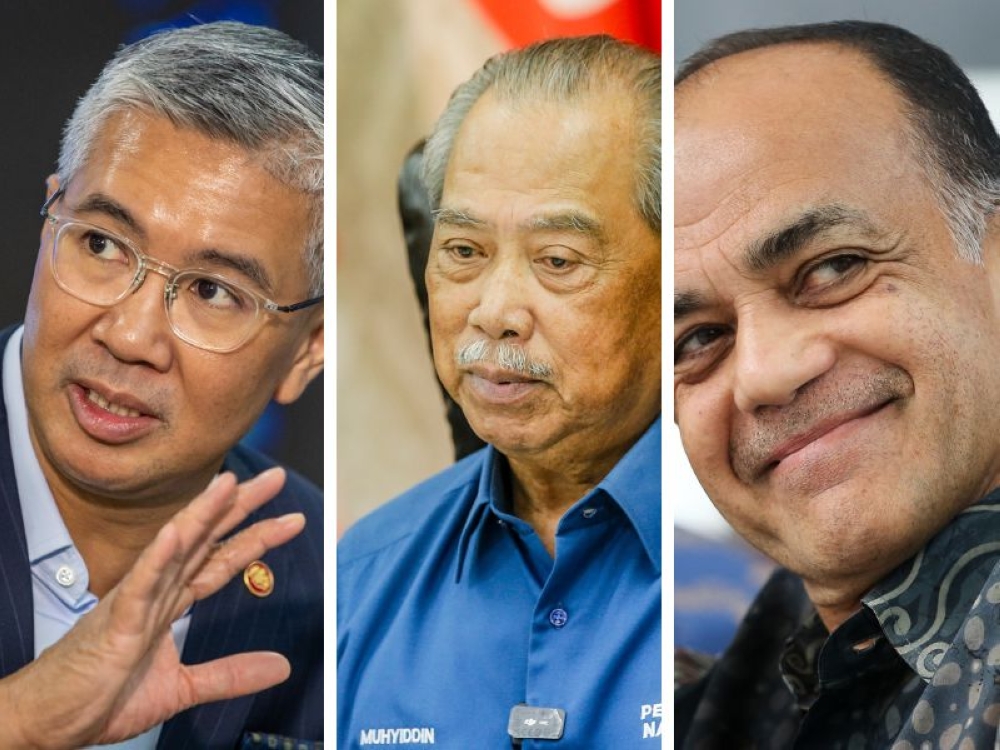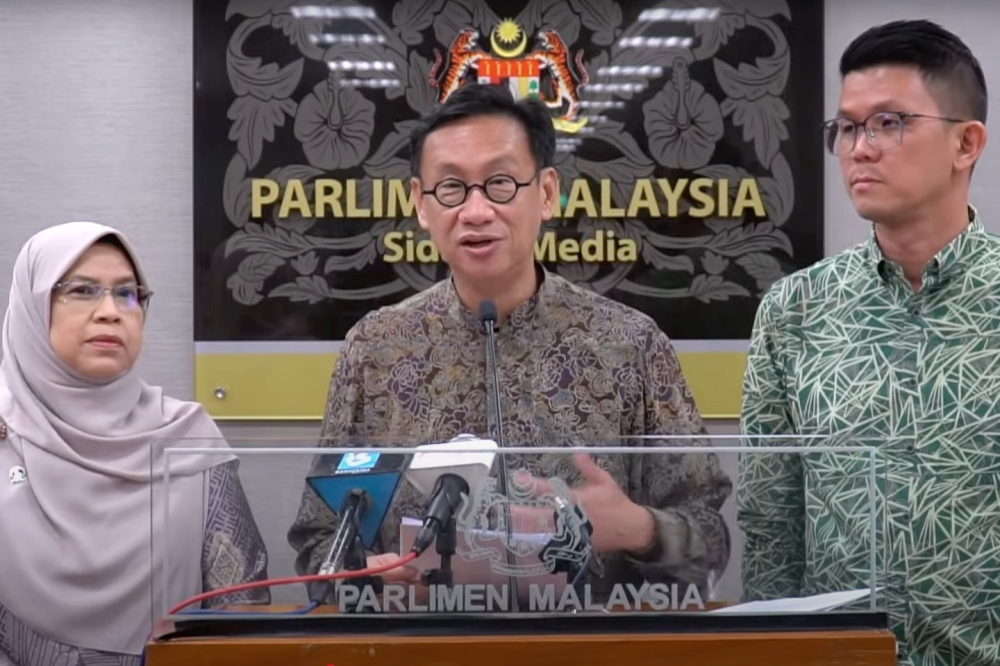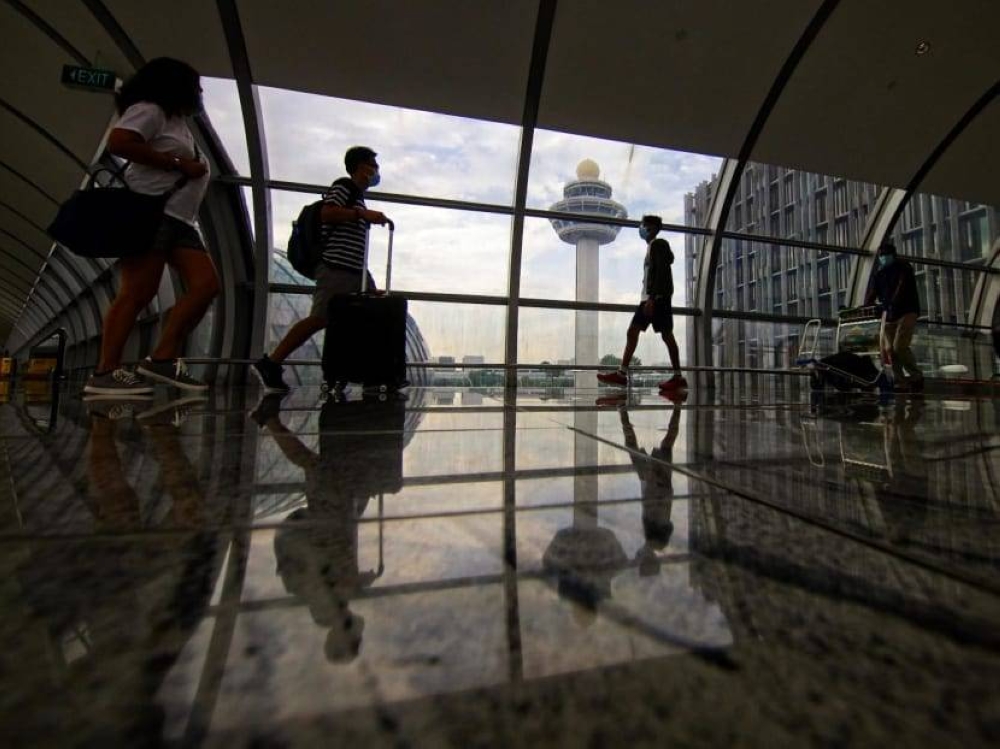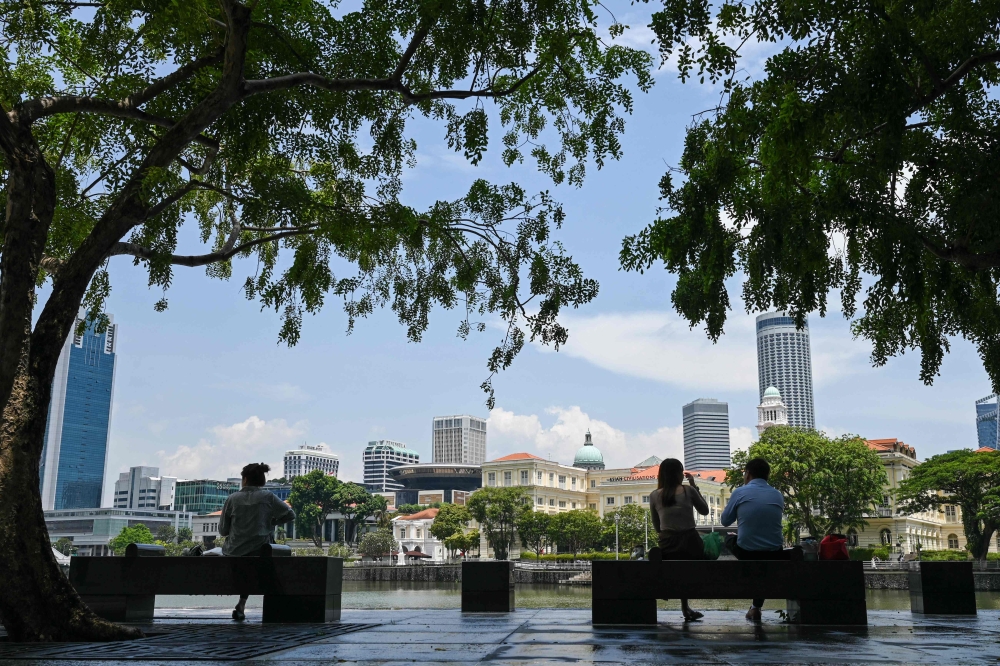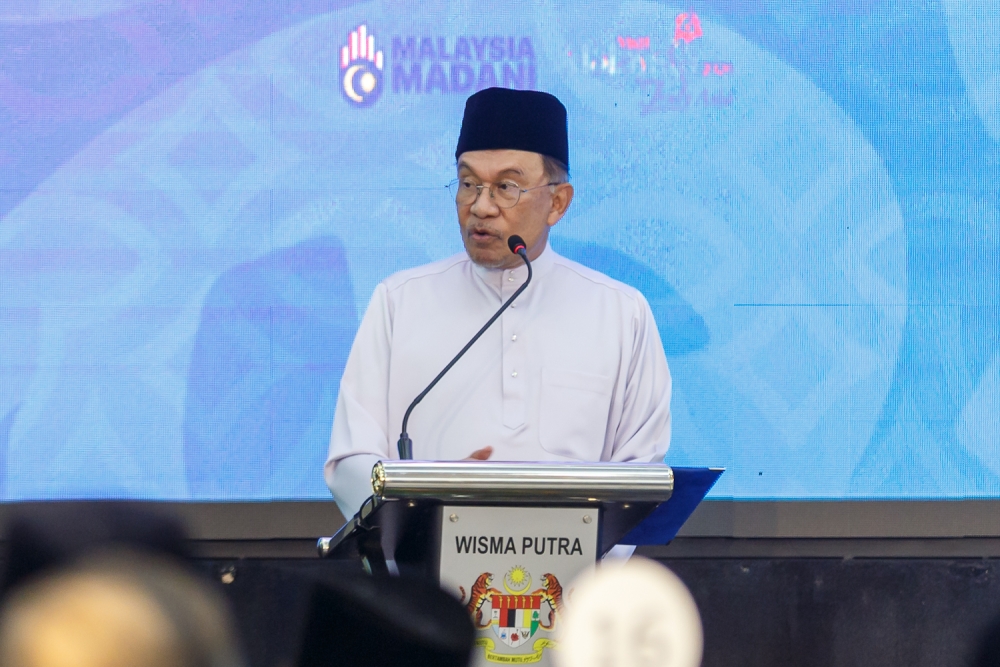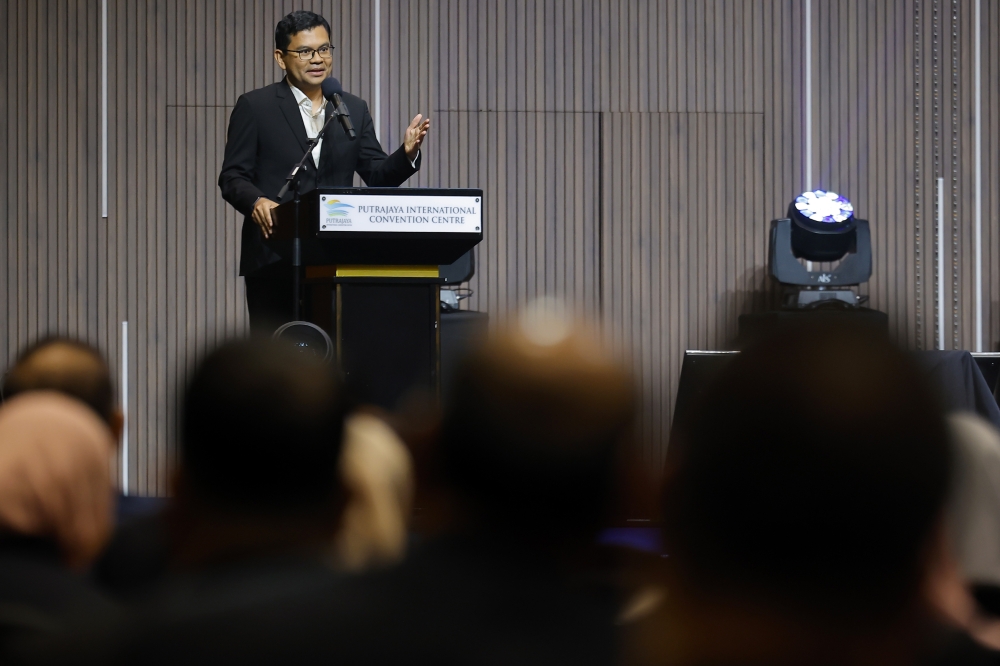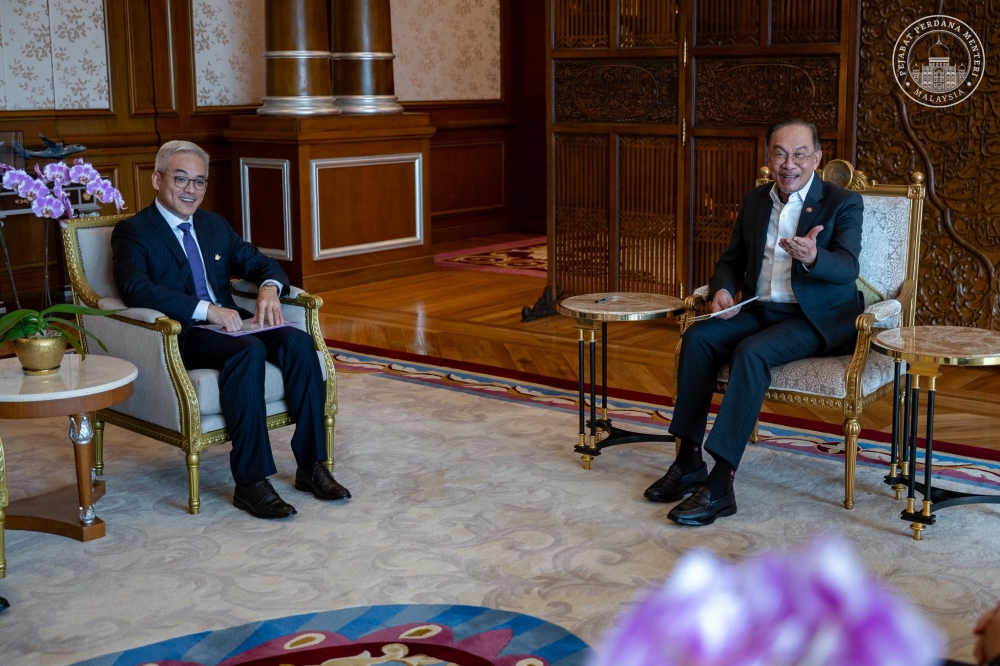SINGAPORE, Sept 24 — In the thick of the Covid-19 pandemic, the Singapore unit of global consultancy firm, Mercer, saw many of its experienced expatriate workforce cutting short their stay here, partly due to the nation’s strict virus-control measures back then, and simmering anti-foreigner sentiments that had made them feel unwelcome.
As Singapore reopens its economy along with the rest of the world, filling the gap left by those professionals — most of whom with many years of experience and had developed “cultural alignment” here — has proved to be a challenge, said Mercer Singapore’s chief executive officer Peta Latimer, an Australian citizen who has lived in several countries.
“The problem is a lot of organisations are (also) trying to desperately backfill because the economy has boomed back, and we’re trying to grow as fast as possible. And so that is causing insane levels of competition (for talents),” she said.
Mercer’s experience highlights the difficulties faced by many companies here in hiring highly skilled workers — both within Singapore’s shores and beyond — amid numerous international reports about the shortage of such talents.
Global consulting firm Korn Ferry had, in fact, predicted the situation back in 2018. In a report, the firm said that by 2030, the world can expect a skilled labour deficit of 85.2 million.
And that prediction was made before the Covid-19 pandemic.
Now, the situation is even more dire: More recently, New York stock exchange-listed human resource firm, ManpowerGroup, found that 75 per cent of over 40,000 employers which it surveyed in 40 economies were reporting “talent shortages” in 2022. This is a jump from the 54 per cent reported in 2019 and 69 per cent in 2021; it is also a 16-year high, said the firm.
The findings were in line with the views of employers, recruiters and economists interviewed in the past week by TODAY. The consensus is that competition for top talents is heating up as Singapore emerges from the pandemic.
This is due to factors such as economies recovering from the pandemic and now fighting over the same limited pool of talents, a “hangover” from border closures that has led to a slowdown of talent flow between countries, and companies clinging even harder to their existing employees as a result.
What has been labelled as the “global war for talent” has seen many countries stepping up their game to court skilled labour from around the globe, especially the crème de la crème.
In August, Singapore unveiled its Overseas Networks and Expertise (One) Pass and other “targeted enhancements” to the country’s workpass framework. The five-year work pass allows foreigners earning at least S$30,000 (about RM96,000) a month to start, operate and work for multiple companies in Singapore at the same time
“In this climate, all the more, we need to be clear about where Singapore stands. We cannot leave any room for investors to doubt or to have questions as to whether Singapore remains open,” said Manpower Minister Tan See Leng at a press conference.
He added: “As a country with little or no natural resources, talent is our only resource and talent acquisition is an offensive strategy for us.”
The One Pass offers better perks than the typical Employment Pass and is aimed at what Mr Tan described as the “rainmakers”.
Singapore is not the only place stepping up efforts to draw global talents.
Back in May 2019, the city of Dubai in the United Arab Emirates launched its Golden Visa, which offers a 10-year residency period for select talents. Earlier this month, the criteria was relaxed to attract a more diverse pool of talents. Among other things, the eligible expatriate categories were expanded from five to seven to include “humanitarian pioneers and frontline heroes”.
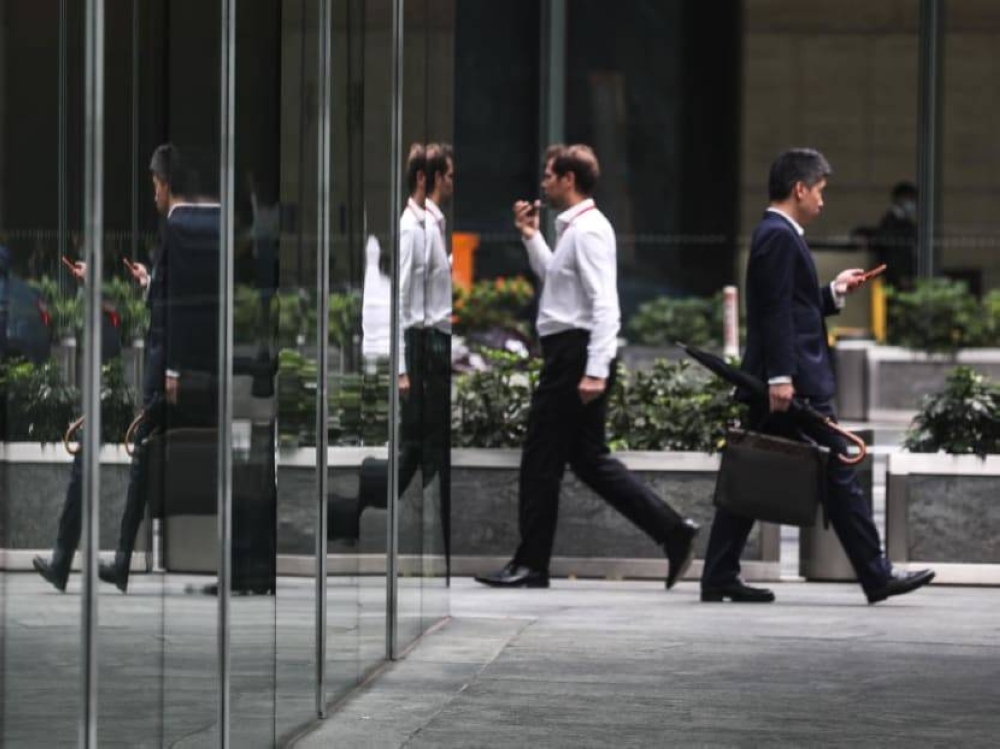
Meanwhile, Thailand also recently announced its aim to attract one million foreign talents over the next five years through its Long Term Residency visa that is valid for 10 years. Not missing a beat, Malaysia, too, announced its Premium Visa Programme soon after, which allows affluent individuals to stay in the country for up to 20 years.
Global talents increasingly sought after
The 2018 Korn Ferry study, which used a model to extrapolate the demand and supply of skilled labour across 20 economies, estimated that by 2020, Singapore would face a deficit of 248,000 talents with post-secondary qualifications and above.
Meanwhile, a survey by GlobalManpower published earlier this year placed Singapore as third most talent-starved among 40 economies, with 84 per cent of companies here reporting talent shortage, above global average.
Employers and headhunters attested to the challenging climate they face in trying to acquire top international talents.
Mr Glenn Huybrecht, chief operations officer of crypto technology company Cake DeFi, reiterated that competition for top talents has been intensifying.
“We actually saw a big increase in interest from candidates (applying to us) who were (also) keen on the other nearby regional financial hubs. As a company based in Singapore, that was obviously a growing concern for our hiring plans,” said the Belgian.

Headhunters told TODAY that some executive candidates may already have several options or offers on hand by the time they get interviewed.
Companies are also aggressively trying to hold on to their valued employees, posing a hurdle to firms that are hiring.
“The HR department and the companies are also coming up with a lot more counter-offers now,” said Mr Finian Toh, managing director of global human resource executive search firm, ChapmanCG.
Factors that global talents consider
Generally speaking, there are several universal factors that talents look at when deciding on a host country for the next phase of their careers.
Political stability of the country, ease of doing business and good infrastructure are among the considerations highlighted by those who spoke to TODAY. Incidentally, these are also among Singapore’s strong suits, they said.
Besides those directly related to their own work, elite talents also tend to take into consideration things that impact the lives of their family members, given that they are generally of an older age profile.
These include a good educational and healthcare system, and something as basic as physical security.
“If my wife is out with my son for a walk and I have to worry that she’s not going to come home safe, if I ever would have that feeling in Singapore — it doesn’t matter how great the school system is here and it doesn’t matter how great the healthcare system is — I’m going to leave,” said Julian Hosp, chief executive officer and co-founder of Cake DeFi who is married with three sons.
Mr Jonathan Goldstein, managing partner of Page Executive, said that while remuneration packages are still the top motivating factor, as they directly determine the kind of life an expat can provide for their dependents, these executives are increasingly taking into consideration what he calls “soft motivators”.
These would include cultural, value and “chemistry” fit with the host country and the teammates there, said Mr Goldstein, who is American.
Associate Professor Walter Theseira referred to the Government’s recently announced plans to repeal Section 377A, which criminalises sex between men, and how the move may boost Singapore’s standing in terms of inclusivity.
The lesbian, gay, bisexual, transgender and queer (LGBTQ) community “might be a minority of the top talent... but beyond that minority, there are also companies and allies who would also not be comfortable moving to a place which they feel is discriminating against their friends in a certain way,” said the economist from the Singapore University of Social Sciences (SUSS), who is also a former Nominated Member of Parliament.
Mr Goldstein noted that executives are also increasingly seeking a sense of purpose in the roles they are considering.
“During Covid... they asked themselves, ‘I’m working really, really hard for this company, for this job, whether it be the hours of travel or what have you, is there a greater purpose to what I’m doing?’” he said.
Meanwhile, memories of pandemic-triggered widespread lockdowns continue to cast a shadow on people’s decision to travel overseas, be it for work or otherwise.
Ms Latimer of Mercer said that a few years ago, its employees used to jump on opportunities for rotation to other global offices. In contrast. the firm’s management now has to be proactive in getting employees to take on these opportunities.
“The idea of changing your life and moving to another foreign country, when the memory of the pandemic and locked borders is very fresh, I think it’s slowing that down,” she said.
Mr Goldstein observed that in place of expats traversing across continents for work, there is a rise in “nextpats” — or talents who seek opportunities in neighbouring countries.
“A ‘nextpat’ is someone from Malaysia who goes to Thailand, or from Thailand goes to Indonesia, or from Indonesia goes to the Philippines, so on and so forth, to run businesses, while they’re also closer to home,” he said.
All things considered, Singapore has consistently ranked highly on the Global Talent Competitiveness Index by business school Insead. The index ranks 134 countries based on how they grow, attract and retain talents.
Since the inception of the index in 2013, the city-state has been ranked overall second in rankings, except in 2020 when it came in third. In terms of ability to attract talents, which is one of the areas that the index looks at, Singapore has generally come out tops.
Would anti-foreigner sentiments during pandemic affect Singapore’s appeal post-Covid?
At the height of the pandemic, expats in Singapore had to contend with heightened job uncertainties and a spike in xenophobic sentiments.
While the Government had consistently stressed to Singaporeans back then about the importance of keeping the country open to international talents, there were concerns about foreign competition over jobs. Acknowledging such concerns, policymakers rolled out schemes to support companies in hiring locals.
The situation got a point where firms and foreign businesses chambers voiced concerns that Singapore was close to being perceived as being anti-foreigner and protectionist.
About two years on and post-pandemic, does the impression still exist?
Mr Goldstein said that he has personally never encountered anti-foreigner sentiments directly here, while Australian David Black, who is the founder and chief executive of Singapore-based research firm Blackbox, noted that the pandemic-driven “fear and stress” had brought out the best and worst instincts in people but there was no “real dip” in the level of interest in Singapore among global firms and talents.
“Problems were far worse elsewhere,” said Mr Black, adding that Singapore has emerged from the pandemic in a better position as a “key Asian business centre” compared with Hong Kong.
He added: “Overall, the benefits of Singapore to outsiders far outweigh anything they might hear about local concerns here.”
By and large, headhunters agreed that the continued interest by foreign professionals to come here show that the wave of anti-foreigner sentiments during the pandemic did not create much of a dent on Singapore’s global image.
However, for some expatriates in Singapore, it was not something that they could easily get over.
Cake DeFi’s Mr Hosp, for one, could not help but feel somewhat seen as an “other”, when his employment pass renewal was initially rejected.
The Austrian citizen said this was despite his feeling that he had done his best to contribute to Singapore. ”Despite all that, I feel like I’m constantly asked ‘Why are you here? Why are you taking someone else’s work away?’” he said, referring to the anti-foreigner sentiments going around then.
While he did not make active plans to move elsewhere — he said he viewed his relationship with Singapore as akin to a “partnership” which he would not terminate merely over some frustrations — Mr Hosp did feel at the time that he and his family should start thinking of other options.
Nevertheless, he managed to get his employment pass renewed in the second quarter of last year. He stressed that he does not intend to move elsewhere as it makes most sense to remain in Singapore on both a personal and professional level.
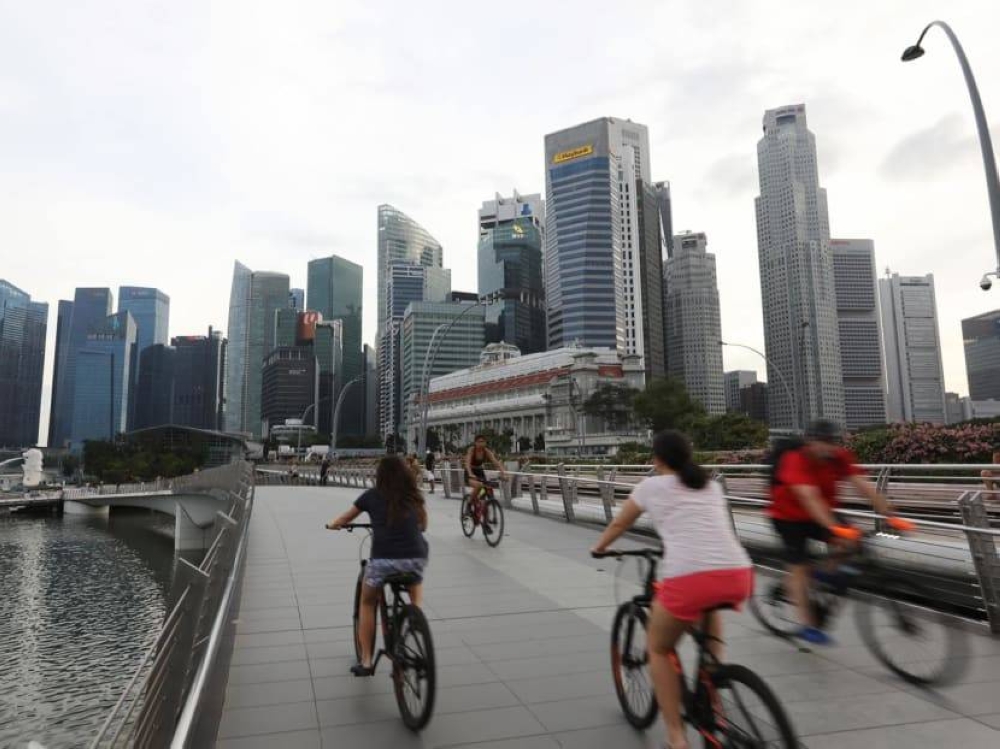
Similarly, Ms Latimer cited how some long-term pass holders who had temporarily left Singapore before the pandemic struck were not allowed to return for a long time when borders closed, despite them having work commitments and rented homes here.
“That left a bit of a bitter taste in some people’s mouths... And I think people who were planning on leaving Singapore in the next five years, probably brought forward that timeline,” she added.
Are Singapore’s moves enough?
Some companies interviewed said that more can also be done to address talent shortages at other levels besides the top-tier talents targeted by One Pass.
Singapore-founded tech company, Razer Inc, pointed out that while it welcomes One Pass as an initiative that can be leveraged to elevate the company “to the next level” while grooming its existing team, in reality “both S Pass and Employment Pass holders make up a majority in our foreign talent mix for our Southeast Asia headquarters in Singapore”.
These employees bring to the table specific skill sets that are difficult to find locally, yet are not niche enough to warrant a remuneration over S$30,000 a month.
In attracting these S Pass and EP holders, “the rising cost of living, largely driven by the higher rental prices, remains a significant deterrent,” said Razer global head of human resource April Wan.
She added: “Any government initiatives to keep the property rental market competitive would be welcomed.”
Mercer’s Ms Latimer noted that the One Pass initiative is useful in attracting talents who can help her company look at new business or expand into new products. However, the company is in need of a large number of talents with different expertise.
“It’s just not possible to get the volume of candidates locally to fill even our business-as-usual needs,” she said, adding that the company would end up having some roles open for a long time. “And so the ability to open up and attract more people at that mid-level, is actually where I think additional policy changes (need to be thought about).”
Mercer currently has around 480 employees in Singapore, with eight in 10 being local workers.
Ms Latimer stressed that she agrees with the Government’s push to prioritise local talents for PMET jobs, but she was still concerned that the volume of such talents needed by firms here to spur further growth might not be matched with existing supply.
Mr Ankit Kochar, senior director at recruitment firm Ethos BeathChapman, pointed out that “when it comes to starting something new that has not been done before by the firm, it cannot be done by just one top executive”.
He said: “They would need their own ‘army’, if not 100 per cent at least 20 or 30 per cent (of a team).”
But he added: “(The rollout of) One Pass is also about saying... we have a working army, now we’re getting a leader to lead the army.” — TODAY

